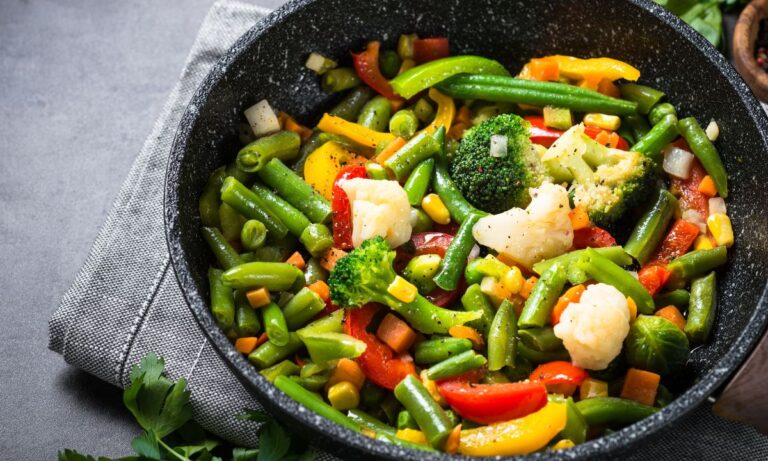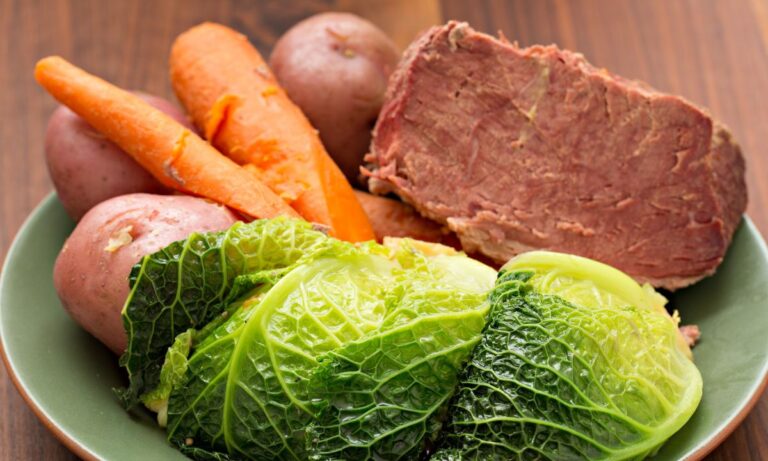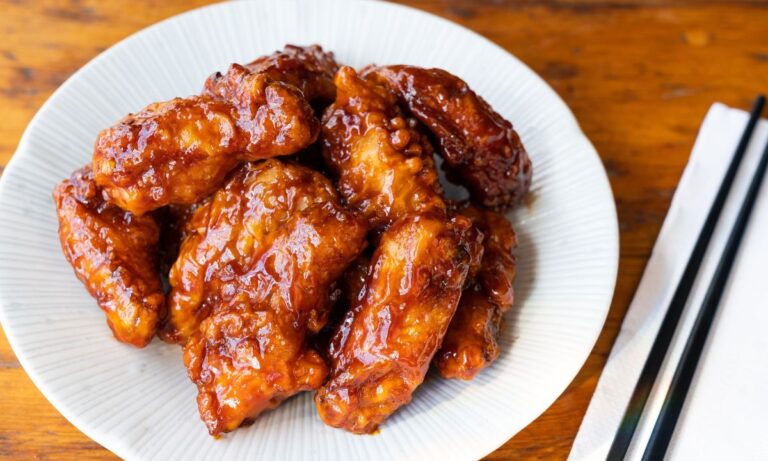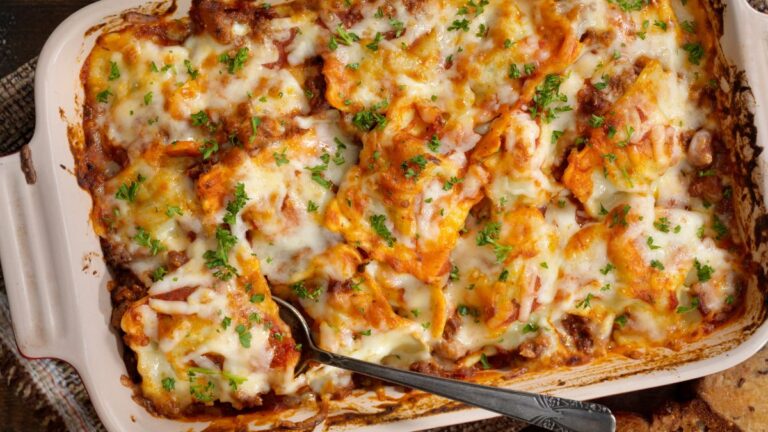whole30 diet: A Journey to Nutritional Wellness and Revitalized Health
Introduction to the Whole30 Diet
If you’re looking for a way to jumpstart your health journey and create lasting change, the Whole30 Diet might be just what you need. The Whole30 Diet is a 30-day program designed to help reset your eating habits, eliminate food cravings, and improve your overall health. In this article, we’ll explore the principles of the Whole30 Diet, its benefits, the foods you should eat and avoid, and tips for successfully completing the program. Let’s dive in!
Principles of the Whole30 Diet
The Whole30 Diet focuses on eliminating foods that may cause inflammation, cravings, and other health issues. Instead, you’ll consume whole, nutrient-dense foods that support your body’s natural healing processes. The diet is based on a simple yet powerful idea: by changing your food, you can change your life.
Benefits of the Whole30 Diet
There are several potential benefits to following the Whole30 Diet, including:
Weight Loss
Many people experience weight loss on the Whole30 Diet, as eliminating processed foods and added sugars often leads to a reduction in overall calorie intake.
Improved Digestion
By cutting out potential irritants like grains, dairy, and legumes, you may find relief from digestive issues such as bloating, gas, and stomach pain.
Increased Energy
Fueling your body with nutrient-dense foods and cutting out processed sugars can lead to more stable energy levels throughout the day.
Better Sleep
Removing foods that can cause inflammation and hormonal imbalances may lead to improved sleep quality and duration.
Foods to Eat on the Whole30 Diet
The Whole30 Diet emphasizes whole, unprocessed foods. Here are some examples of what you can eat:
Protein Sources
- Meat (grass-fed and organic when possible)
- Poultry (free-range and organic when possible)
- Seafood (wild-caught and sustainably sourced)
- Eggs
Vegetables
- Leafy greens (spinach, kale, arugula)
- Cruciferous vegetables (broccoli, cauliflower, Brussels sprouts)
- Root vegetables (sweet potatoes, carrots, beets)
- Squashes (zucchini, butternut squash)
Fruits
- Berries (strawberries, blueberries, raspberries)
- Apples
- Oranges
- Bananas
- Avocado (technically a fruit!)
Healthy Fats
- Nuts and seeds (almonds, walnuts, chia seeds, flaxseeds)
- Olive oil
- Coconut oil
- Ghee
Foods to Avoid on the Whole30 Diet
While on the Whole30 Diet, you’ll need to avoid certain foods that may trigger inflammation or cravings. These include:
Sugar and Sweeteners
- Added sugars (table sugar, corn syrup, honey, agave)
- Artificial sweeteners (aspartame, sucralose, saccharin)
- Sugar alcohols (xylitol, erythritol)
Grains
- Wheat
- Rice
- Corn
- Oats
- Quinoa
- Barley
Dairy
- Milk
- Cheese
- Yogurt
- Butter
- Ice cream
Legumes
- Beans
- Lentils
- Peanuts
- Soy products (tofu, tempeh, edamame)
Processed Foods and Additives
- Processed snacks (chips, crackers, cookies)
- Pre-packaged meals
- Processed meats (sausages, deli meats)
- Food additives (MSG, carrageenan, sulfites)
How to Successfully Complete the Whole30 Diet
To make the most of your Whole30 experience, consider these tips:
Planning and Preparation
- Plan your meals and snacks ahead of time.
- Stock your pantry and fridge with Whole30-approved foods.
- Find Whole30-compliant recipes to keep things interesting.
Accountability and Support
- Share your goals with friends and family.
- Join online Whole30 communities for support and inspiration.
- Keep a food journal to track your progress.
Adjusting to New Eating Habits
- Give yourself time to adjust to new foods and cooking methods.
- Be patient with yourself as your body adapts to the changes.
- Focus on the benefits and positive changes you’re experiencing.
Conclusion
The Whole30 Diet can be a powerful tool for resetting your eating habits and improving your overall health. By focusing on whole, nutrient-dense foods and avoiding potential irritants, you can experience benefits such as weight loss, improved digestion, increased energy, and better sleep. With planning, preparation, and support, you can successfully complete the Whole30 Diet and continue your journey to a healthier lifestyle.
FAQs
1. Can I have any cheat meals on the Whole30 Diet?
No, the Whole30 Diet requires strict adherence for 30 days. This helps you identify any food sensitivities and break unhealthy habits.
2. Can I drink alcohol on the Whole30 Diet?
No, alcohol is not allowed on the Whole30 Diet, as it can negatively impact your gut health and trigger cravings.
3. How should I reintroduce foods after completing the Whole30 Diet?
Reintroduce foods one at a time, giving yourself a few days between each new food. This will help you identify any sensitivities or reactions.
4. Can I continue the Whole30 Diet beyond 30 days?
The Whole30 Diet is designed as a short-term reset. After 30 days, you can gradually reintroduce foods and adapt the program to your long-term needs.
5. Can I exercise while on the Whole30 Diet?
Yes, exercise is encouraged while on the Whole30 Diet. However, listen to your body and adjust your workout intensity as needed during the initial adjustment period.







